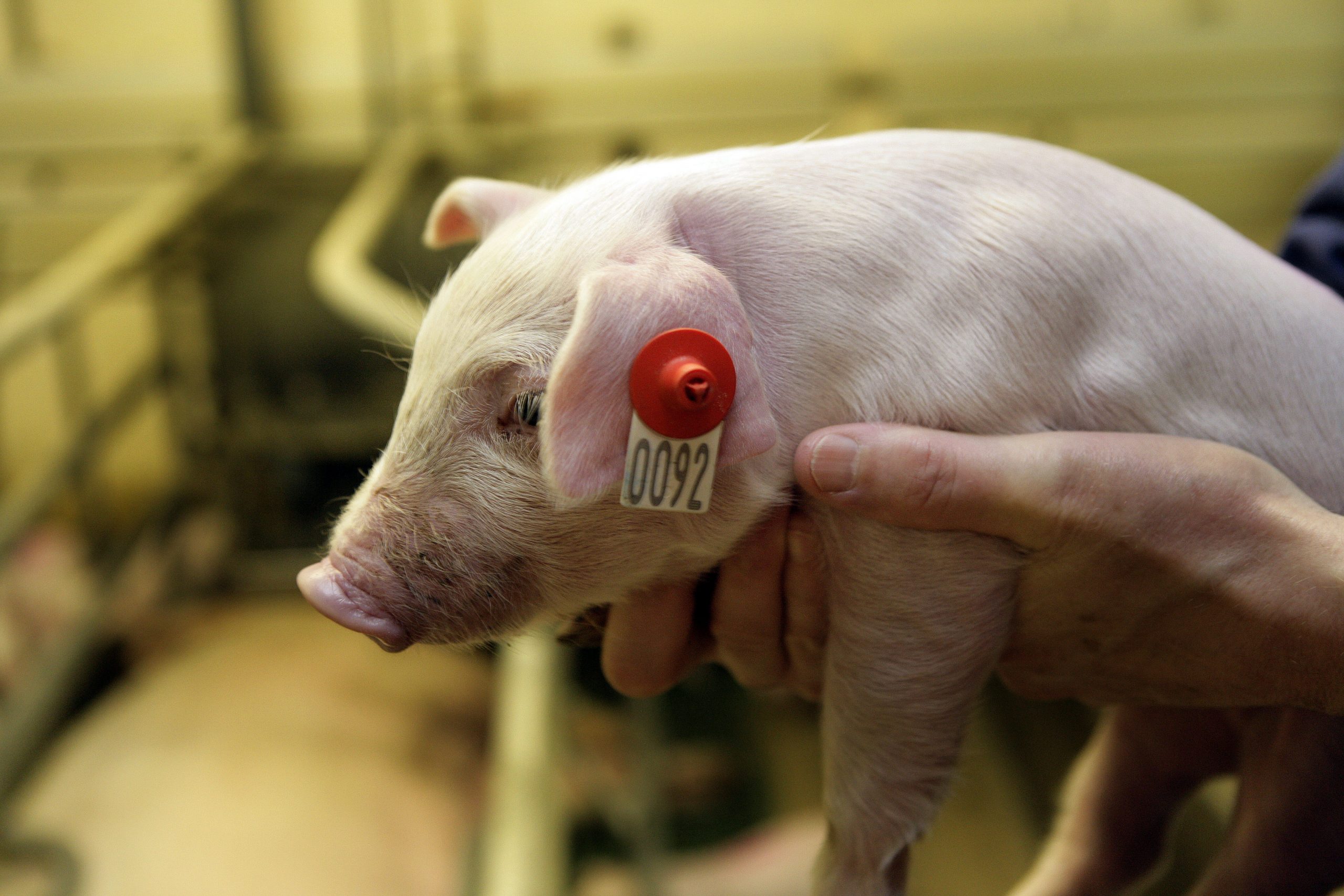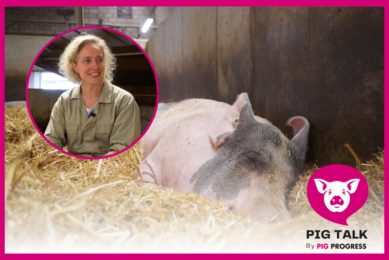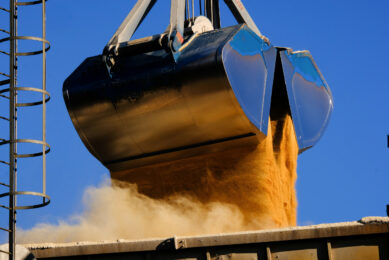Iron and phytase: A good combo

Recent research indicates that iron levels can be positively affected when applying the right amount of phytase.
Typically, newly weaned piglets are injected with iron (200mg) to avoid iron deficiency. This is important as piglets born indoors have a low level of iron stores and do not have access to oral iron in the form of soil while sows’ milk is low in iron. Without iron injection, pigs will become iron deficient or anaemic, characterised by an insufficient number of red blood cells, an insufficient amount of haemoglobin, loss of appetite, lethargy, increased respiration rate, poor growth and mortality.
Starter feed: Move from animal protein to vegetable protein
In the article on Pig Progress,the author explains that the iron status of piglets might be impacted due to the change in starter feed diets over the last few years. Traditionally, piglet diets consisted of high digestible animal proteins such as fish, plasma, poultry and blood meals that contain high levels of iron. However, more recently with a focus on lower cost diets, coupled with a greater understanding of raw materials and digestible amino acid requirements of the piglet, a greater emphasis on vegetable-based proteins has resulted. With increasing vegetable proteins such as soybean meal, soy protein concentrates and corn distillers’ grain replacing animal proteins, the result is starter feed diets that are lower in dietary iron.
The author explains that that iron levels can be positively affected when applying the right amount of the enzyme phytase. Even in small amounts, phytate and its lower isomers can reduce the bioavailability of protein and divalent metal ions. This has particular relevance to iron, with trial results at 21 days post-weaning showing that reduced phytate content in piglet ileal digesta was associated with an increase in haemoglobin levels. Furthermore, a weaner pig study demonstrated that increasing doses of modified E. coli phytase linearly increased iron status measured as the proportion of haematocrit, indicating increased proportion of red blood cells in the blood.











